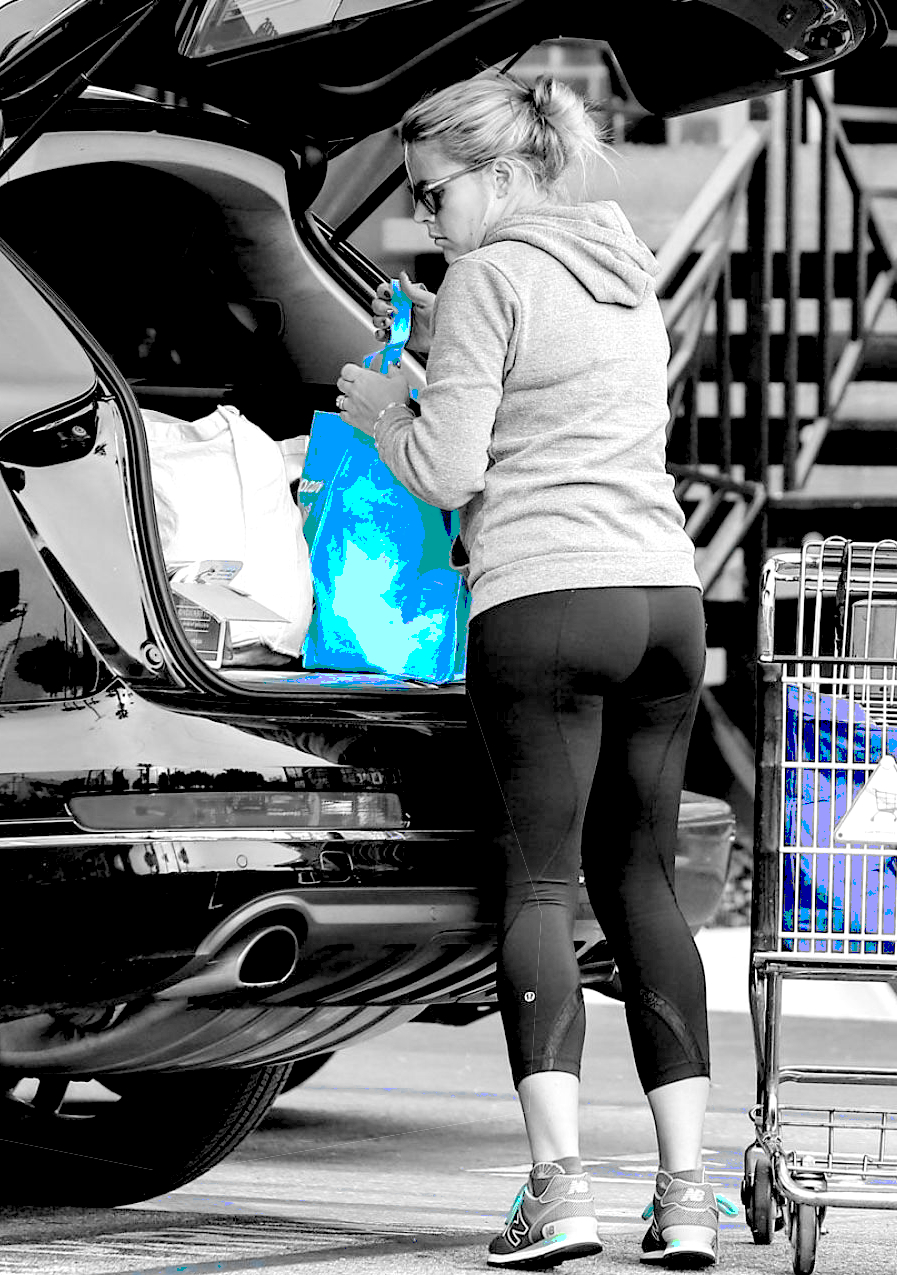Shoppers keen to count carbon
 A new study has found shoppers underestimate the carbon cost of their food choices, but they would like to know more.
A new study has found shoppers underestimate the carbon cost of their food choices, but they would like to know more.
Almost 30 per cent of global greenhouse gas emissions come from food production - beef and lamb in particular - so shifting diets towards greater fruit and vegetable intake is a promising strategy for reducing climate change.
Researchers wanted to know how well consumers understood the carbon consequences of their food choices, so they asked more than 1,000 people to estimate the energy embedded in 19 foods.
They found participants significantly underestimated energy consumption and greenhouse gas emissions for food.
“If you ask people to guess the difference between items such as beef and vegetable soup on the environment they assume there is not much difference, but beef soup creates more than 10 times the amount of greenhouse gases than vegetable soup,” says lead author Dr Adrian Camilleri.
“This is a bit of a blind spot because if someone wants to reduce their greenhouse gas emissions, they might think to turn off the heater, drive less or fly less. Very few people think to eat less beef.”
The researchers also looked at whether they could improve people’s perception of the environmental impact of their food choices through the use of labelling like a five-star rating system.
They presented 120 participants with a choice of soups to buy. When the soups had a carbon footprint label, participants bought fewer beef soups and more vegetable soups than when there was no label provided.
The research suggests that the introduction of carbon footprint labels on food items could be a simple intervention to increase understanding of energy use and greenhouse gas emissions from food production, and so reduce environmental impacts.








 Print
Print